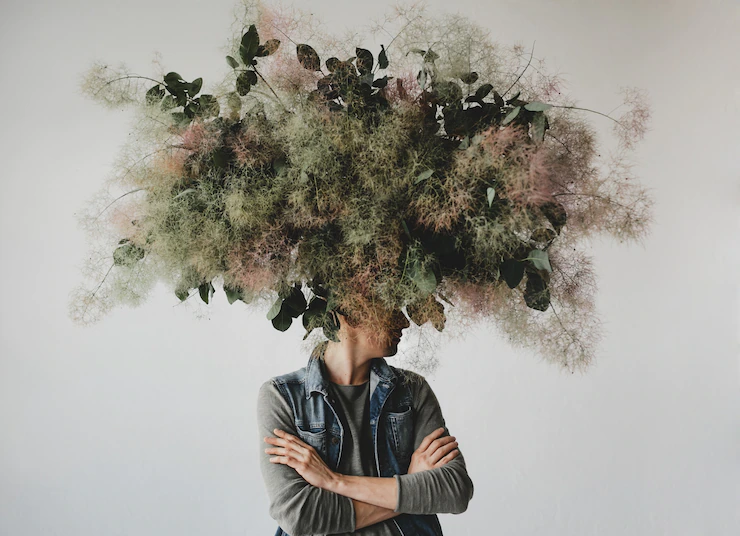Art has been used as a form of expression and therapy for centuries. From cave paintings to intricate sculptures, art has the power to convey emotions, explore inner thoughts, and provide a sense of catharsis. In recent years, art therapy has gained recognition as a valuable approach to promoting mental health and well-being. By engaging in creative processes under the guidance of trained professionals, individuals can harness the healing power of art to navigate emotional challenges, reduce stress, and enhance self-awareness. Here, we explore the profound impact of art therapy on mental health and its therapeutic benefits.
What is Art Therapy?
Art therapy is a specialized form of therapy that combines psychology and creativity. It involves the use of various art modalities, such as painting, drawing, sculpting, and collage, to facilitate personal expression, self-discovery, and emotional healing. Art therapists are trained professionals who guide individuals through the creative process, helping them explore their feelings, thoughts, and experiences in a safe and supportive environment.
Promoting Emotional Expression and Communication
One of the key benefits of art therapy is its ability to provide a non-verbal means of expression. For individuals who struggle to articulate their emotions or find it difficult to put their thoughts into words, art can serve as a powerful tool for communication. Through the creative process, individuals can visually represent their inner world, giving shape and form to their emotions, experiences, and struggles. This process can lead to a deeper understanding of oneself and enhance emotional expression.
Stress Reduction and Relaxation
Engaging in art-making activities has been shown to reduce stress levels and promote relaxation. The rhythmic and repetitive motions involved in art creation, such as painting or coloring, can induce a meditative state and activate the relaxation response in the body. This can help individuals alleviate anxiety, lower blood pressure, and promote a sense of calmness and well-being.
Enhancing Self-Exploration and Self-Awareness
Art therapy encourages individuals to explore their thoughts, beliefs, and experiences in a non-judgmental and reflective manner. Through the creation of art, individuals can gain insights into their own behaviors, patterns, and emotions. The art-making process invites self-reflection, leading to a deeper understanding of oneself and fostering personal growth and self-awareness.
Processing Trauma and Grief
Art therapy has shown remarkable efficacy in helping individuals process and heal from traumatic experiences and grief. By creating art, individuals can externalize their pain, fears, and memories, making them more tangible and easier to process. The art-making process provides a safe space to express and work through complex emotions associated with trauma and grief, facilitating healing and emotional integration.
Building Resilience and Self-Empowerment
Engaging in art therapy can help individuals build resilience and develop coping strategies. Through the creative process, individuals can explore new perspectives, problem-solve, and discover inner strengths. Art-making allows individuals to tap into their innate creativity and resourcefulness, fostering a sense of empowerment and self-efficacy.
Accessibility and Inclusivity
Art therapy is a highly accessible form of therapy that can be adapted to meet the needs of diverse populations. It does not require any prior artistic skill or talent. Everyone can benefit from engaging in art therapy, regardless of age, ability, or cultural background. Art therapy offers a safe and inclusive space for individuals to explore their inner world and access the healing potential of creativity.
In conclusion, art therapy is a powerful tool for promoting mental health and well-being. Through the creative process, individuals can explore their emotions, reduce stress, enhance self-awareness, process trauma and grief, and develop resilience. Art therapy provides a unique avenue for self-expression and personal growth, harnessing the healing power of art to foster emotional and psychological well-being. Whether you consider yourself an artist or not, art therapy invites you to tap into your creativity and discover the transformative potential of art for your mental health journey.










